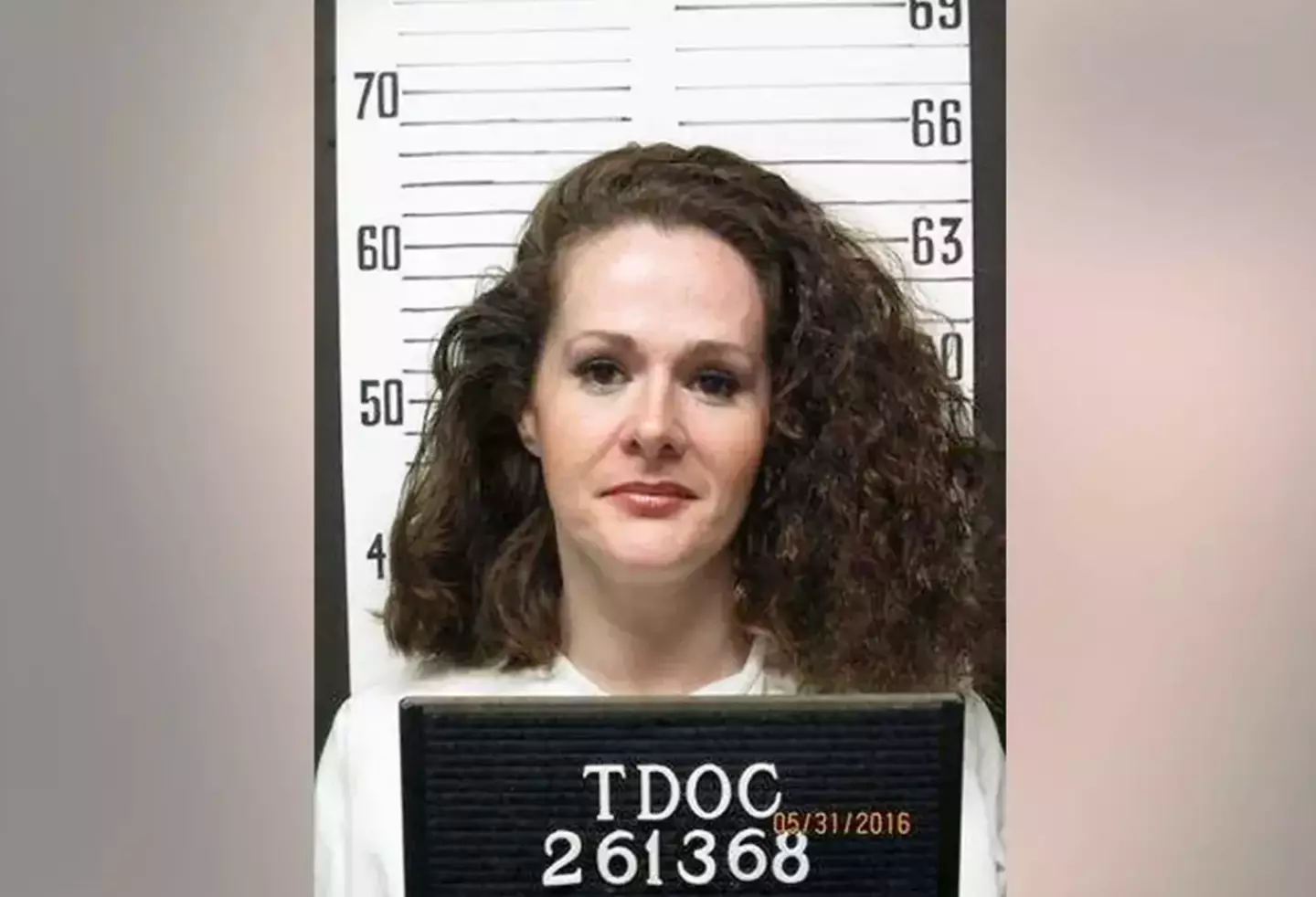The reasons behind why the accomplices of a death row inmate did not receive the death penalty have been clarified.
Former President Donald Trump has expressed a desire to reinstate the death penalty in various states and federal jurisdictions, including Washington DC, which ended the practice in April 2023.
As of September 30, 2025, the United States has conducted 34 executions, with additional ones planned for the following year.
Among those slated for execution in 2026 is Christa Gail Pike, convicted of the 1995 murder of Colleen Slemmer.
At the time, the 18-year-old Pike, along with two others, lured Slemmer to a wooded area in Knoxville. There, Slemmer was subjected to a brutal assault involving beating, stabbing, and bludgeoning, and a pentagram was carved into her chest. Pike reportedly believed Slemmer was interested in her boyfriend.
The victim’s remains were discovered by a groundskeeper who testified that ‘the body was so badly beaten that he had first mistaken it for the corpse of an animal,’ as reported by CBS.
In 1996, Pike was placed on death row, becoming the youngest person at the time to do so, a distinction that is far from commendable.
She is set to become the 19th woman executed in the US next year, with the execution scheduled for September 30, 2026.
During the trial, it was revealed that Pike did not act alone; her boyfriend, Tadaryl Shipp, was also convicted of first-degree murder.
Court documents reveal that Shipp was sentenced to life in prison and will be eligible for parole in November. The question arises: why was he not given the death penalty?
Shipp was 17 at the time of the crime, making him ineligible for the death penalty.

Pike’s friend, Shadolla Peterson, was present during the attack, according to prosecutors, but provided testimony against Pike in court and received a sentence of probation.
Pike’s legal team has long advocated for an indefinite postponement of her execution, suggesting instead that she serve a life sentence without the possibility of parole.
Their argument hinges on the belief that if an 18-year-old Pike committed the crime today, she would not be subjected to the death penalty.
Pike’s lawyers argue that the nature of her crime was influenced by a ‘horrific childhood,’ explaining to USA Today: “Christa’s childhood was fraught with years of physical and sexual abuse and neglect.
“With time and treatment for bipolar and post-traumatic stress disorders, which were not diagnosed until years later, Christa has become a thoughtful woman with deep remorse for her crime.”

